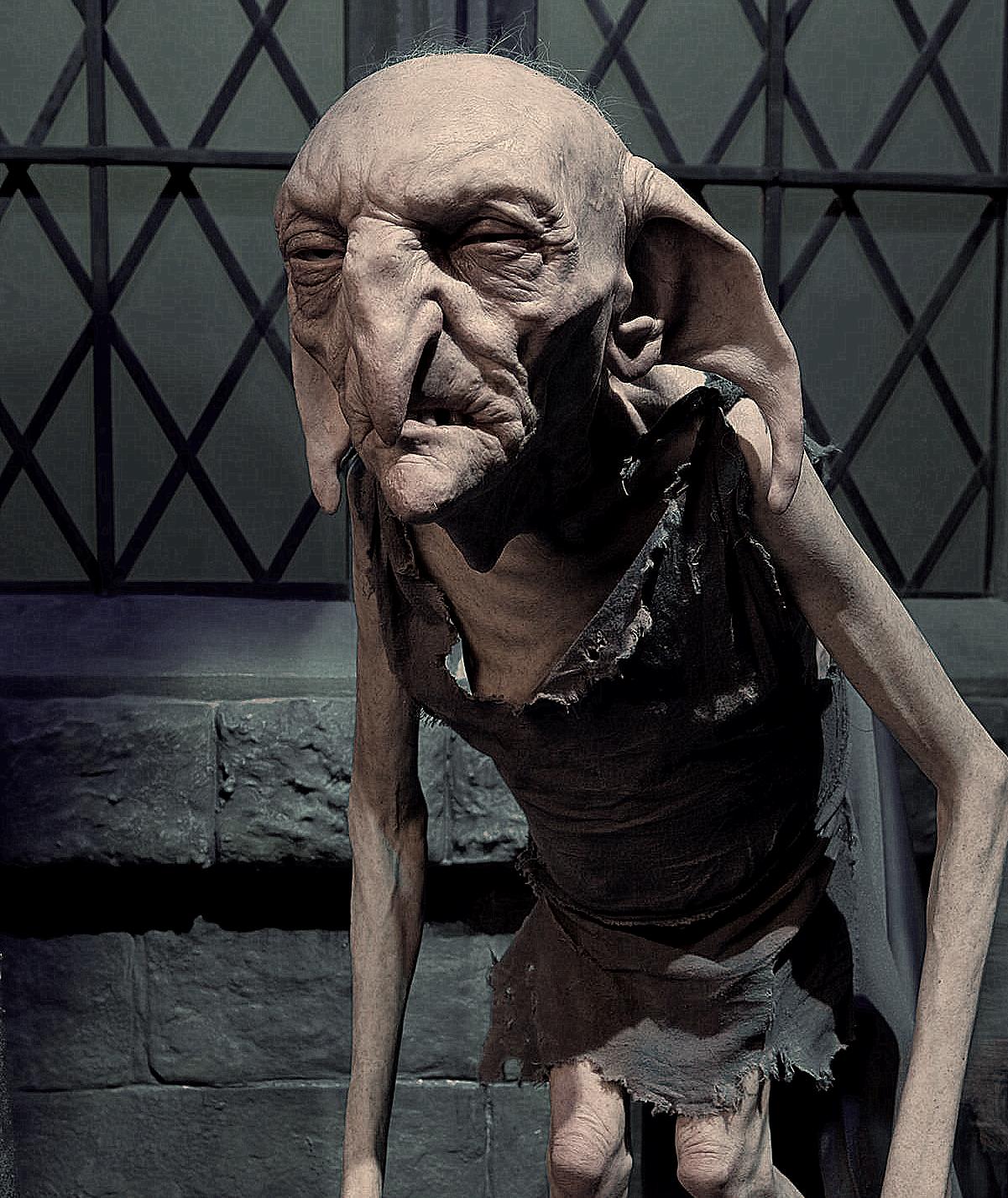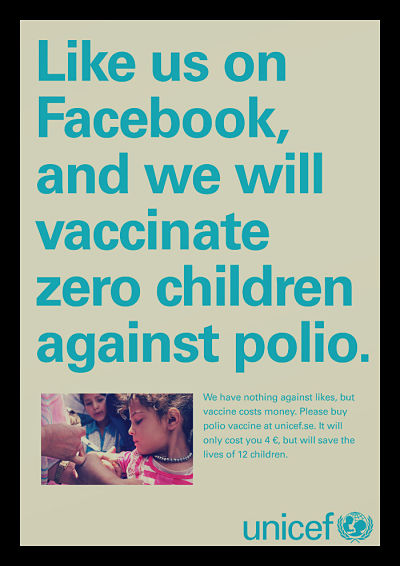If you saw the grand jury decision on the Michael Brown shooting, and immediately shook your head over its racism, you are part of the problem.
I'll say it again: if you found out about the grand jury's decision not to indict Officer Wilson, and immediately declared that it was a racist decision, you are part of the problem.
Why? Well, let's begin at the beginning.
The beginning, for us, is not the event. The beginning is the event hitting the news. For those of us who weren't there, which is nearly everybody talking about it, that is how we first encountered this tragedy, and that is the only kind of encounter we have had with it: a media distillation. That doesn't invalidate our thoughts by itself; nor, if we make a point of listening to both CNN and Fox, does it necessarily mean our facts will be slanted beyond power of recovery. It does mean that there are limits to how much we can know what we're talking about, and if we value due process, we would do well to recollect those limits. And if you're inclined to say that the cop should have been tried, just because racism is a problem or because it's likely that he was a racist -- as opposed to, because of actual evidence that he did something criminal -- that is shabby scapegoating.
The grand jury decided that, given what the officer knew at the time -- which is not at all the same thing as what we know now, in hindsight -- his action was a reasonable act of self-defense. More precisely, they determined that there was so little concrete evidence of wrongdoing that there was, legally, no case to be brought into court. I can't be sure whether that's a fair evaluation, because I wasn't there. I wasn't even on the grand jury, listening to witness testimonies. And I'd be willing to bet cash money that you weren't either.
Some people seem prepared to declare that the grand jury came to this conclusion based on a racist bias. This light has been withheld from me. If they have a window into other men's consciences, may they make a good use of it; I have none.
Here's the thing, though: even if the grand jury (or, for that matter, the cop in question) was right, that doesn't make racism not an issue. Systemic bias against racial minorities, especially those of African descent, is a serious problem in American culture. Part of the reason it's a problem is simply that we're used to a society that is largely segregated de facto, and so we don't think to question it -- at least, not if we're white. And when somebody does, well, we're not actively keeping anyone down, so the complaints must just be caterwauling over imaginary slights. The possibility that complacency and neglect could be as racist as active hatred does not easily occur to us.
I personally don't think Ferguson raised important questions about race, because I think the questions were already there. The fact that it took a hundred and fifty years after the demise of slavery for a black president, not to be elected, but even to be chosen as a serious presidential candidate, does not reflect well upon our nation. Neither does the fact that, in more than two hundred years, we've had only one Catholic president (despite Catholics making up nearly a quarter of the population), no female president (despite women making up something more than a quarter of the population), no Latino president (despite the fact that about a third of the US was once part of Mexico). But, of all those groups, African-Americans have had incomparably the worst deal. Plenty of groups in the US have been oppressed, shut out of office, publicly jeered, deprived of work and a just wage; only one, I think, has been subject to the slaver and the lynch mob.*
I've had to unlearn some instinctive racism, and I very much hope I've done so. Being gay certainly helped. When you're subjected to assumptions about you that are horribly unfair, or even merely bizarre, and you then take the time to think about it, you can begin to sympathize with people who are treated badly for other reasons. But even as a gay dude, I am a dude, and white, and educated -- which means I have most of the other advantages our culture offers, to say nothing of the fact that it's far easier to be gay today than it was twenty or even ten years ago. I can begin to sympathize, but I can't pretend to go further. My personal afflictions are nothing set beside the way our culture has been treating black people for centuries.
Why then did I open by saying that shaking your head over the affairs at Ferguson makes you part of the problem? Well, if you look back, you'll see that I didn't quite say that. I said that if that's your immediate reaction, you are part of the problem -- because you know what the problem is? Reacting based on assumptions instead of thinking. That's the problem that underlies racism; that's the problem that may well have motivated Officer Wilson to shoot Michael Brown, whether he was a racist or genuinely endangered or both or neither; and that is one of the chief obstacles to solving the problem of systemic racial prejudice in this country.
Why? Because racism is stupid, and so is reacting without thinking about it. And declaring on the merits of a case without having all the evidence, which we don't, is by definition not giving the matter adequate thought. And you can't fight stupid with stupid.
The question we have to ask ourselves is, do we want to actually do something about racism, or do we want to feel like we have? Do we want to do the costly, often boring work of finding out what racial prejudice is, and what its effects are, and how to fix it? Or do we want to tweet some piece of mental sewage we found on HuffPost so we can feel like a better person and then open Netflix because, fuck it, we've done our part?
Because if we do want to actually fix the problem like we say we do, "smh" Facebook statuses and riots are each as useless and counterproductive as the other. Each one produces the illusion of accomplishment; and each contributes to the eventual backlash by its stupidity. And make no mistake, there will be a backlash, because sooner or later there's a backlash against everything. If you want to make it through that, argue and act intelligently now; if you want instant moral gratification, it will be through a moral and mental shortcut that will make not only you personally, but the fight against racism, look foolish and not worth salvaging.
So what do we do? Despite the fact that I'm kind of an asshat and don't have many black friends,** the following two things spring to mind:
1. Pray. If God is omnipotent and all-knowing, He presumably has some general idea of what might be helpful, and could perhaps do something to put it into effect. You can always ask, just in case. And prayers for the repose of Michael Brown's soul, the consolation of his family, the repentance (if necessary) of Officer Wilson, and repentance on the part of anyone who has rushed to judgment through racism or anything else, will not go amiss.
And for ourselves, it helps us to remember that we can't solve the problem alone. We can and should do our part, but there will always be more work to be done, and remembering that can help us resist the seduction of false and simplistic solutions that satisfy our egos but don't really change things.
2. If possible, actually get to know some people who are different from you. I don't mean people whose skin tone is different. I mean people who are different. If you're a devout Christian, see if you can get to know an atheist, a Buddhist, a Wiccan. If you're middle-class, see if you can get to know a homeless dude. If you're a country girl, see if you can get to know someone who's spent their whole life in the city. And, yes, if you're white, see if you can get to know someone who isn't. The point is to broaden the horizons of your experience -- to engage with someone whose mental universe differs from your own, so that you can start to empathize with others whom you find alien.
This doesn't mean using people -- building up social cred by having a heterogeneous collection of friends. That defeats the whole purpose, and anyway, it's so white. What it means is, when you encounter a person who's profoundly different from you, stopping and seeing if you can connect with them. If you can't, that's okay; they don't need you, after all, or if they do, it's probably not because you're different. But as long as you try, and keep on trying, you're molding your heart to be open to human beings, not because they're like you, but just because they're human.
That is what will bring racism to an end.
*Native Americans, of course, were killed or hounded from their lands because we wanted their stuff. But that's perfectly all right, because they're only Native Americans.
**Does that make me more racist or less?

.jpg)


Sir, please allow me to commend you on your consistent sagacity, and on your very nuanced and thoughtful writing. I am glad to have read this post, not merely because it largely echoes my own sentiments, but because it is immensely gratifying to see someone advance an opinion with unhysterical and unhistrionic rationality, a reason that does not come at the expense of compassion but is, in fact, its very essence. Thank you, Mr Blanchard.
ReplyDelete